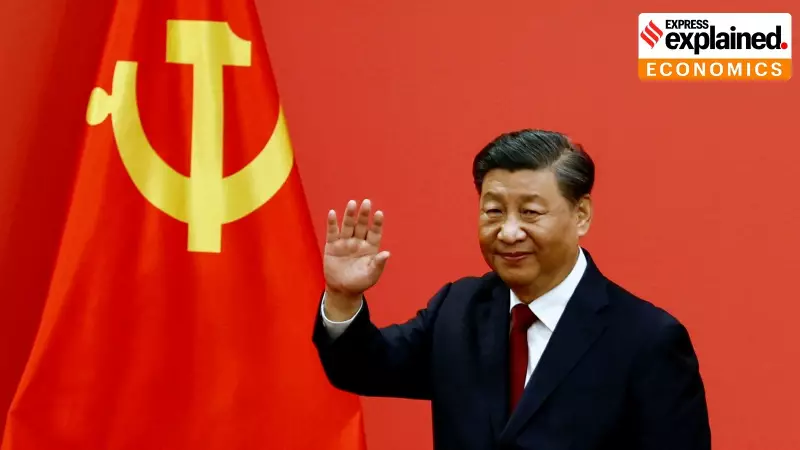
China's much-vaunted economic miracle is facing its toughest test yet as the world's second-largest economy grapples with a deepening consumption crisis that even the Communist Party's high-level meetings are struggling to address.
The upcoming 'Two Sessions' - the annual gathering of China's political elite - finds itself confronting an uncomfortable reality: Chinese consumers are simply not spending enough to power the nation's economic engine forward.
The Vanishing Consumer Confidence
Despite various government stimulus measures and policy interventions, Chinese households continue to tighten their belts. The confidence that once drove China's spectacular economic rise has been replaced by caution and uncertainty.
Key indicators reveal the severity of the situation:
- Retail sales growth has significantly slowed across multiple sectors
- Consumer price indices show persistent deflationary pressures
- Household savings rates remain stubbornly high despite low interest rates
- Property market woes continue to erode consumer wealth and confidence
Behind the Spending Slowdown
Several interconnected factors are driving this consumption contraction. The property sector crisis has wiped out significant household wealth, while youth unemployment remains at worrying levels. Pandemic-era uncertainties have fundamentally changed spending habits, with many Chinese opting for precautionary savings over discretionary purchases.
The psychological impact of economic uncertainty cannot be overstated. Even consumers with stable incomes are cutting back on non-essential spending, creating a vicious cycle that further dampens economic activity.
Government's Uphill Battle
Beijing has rolled out multiple measures to stimulate consumption, including:
- Tax incentives and subsidies for specific purchases
- Direct cash vouchers in some regions
- Support for the digital economy and online shopping platforms
- Efforts to stabilize the job market and household incomes
However, these measures have yielded limited success. The fundamental issue appears to be deeper - a crisis of confidence that cannot be easily solved through traditional economic levers.
Global Implications
China's consumption problem doesn't just affect its domestic economy. As the world's largest manufacturer and a crucial market for global brands, slowing Chinese consumption has ripple effects across international supply chains and multinational corporations.
From German automakers to Australian mining companies, businesses worldwide are feeling the pinch as Chinese demand weakens. This adds another layer of complexity to an already fragile global economic landscape.
The coming Party meetings will be closely watched by international observers looking for signs of whether China can engineer a consumption-led recovery or if the world must brace for prolonged economic headwinds from the Asian giant.





